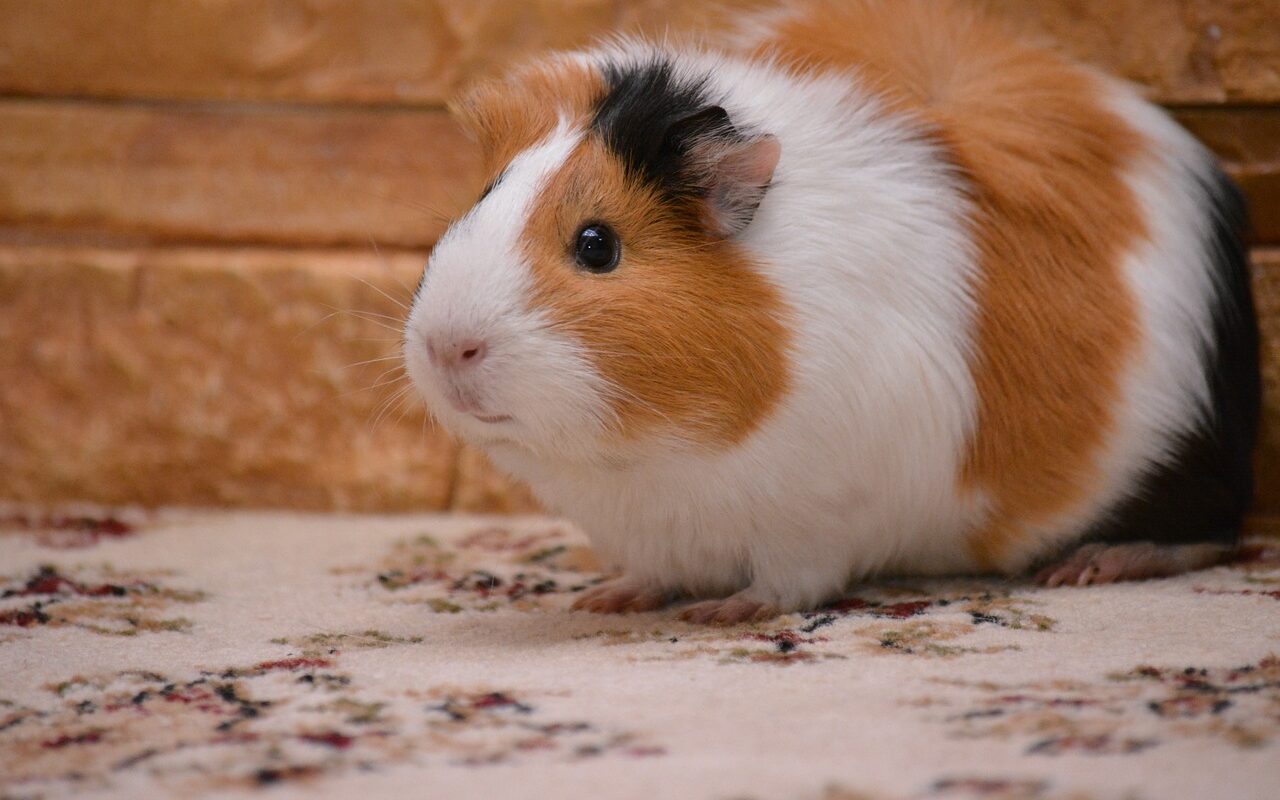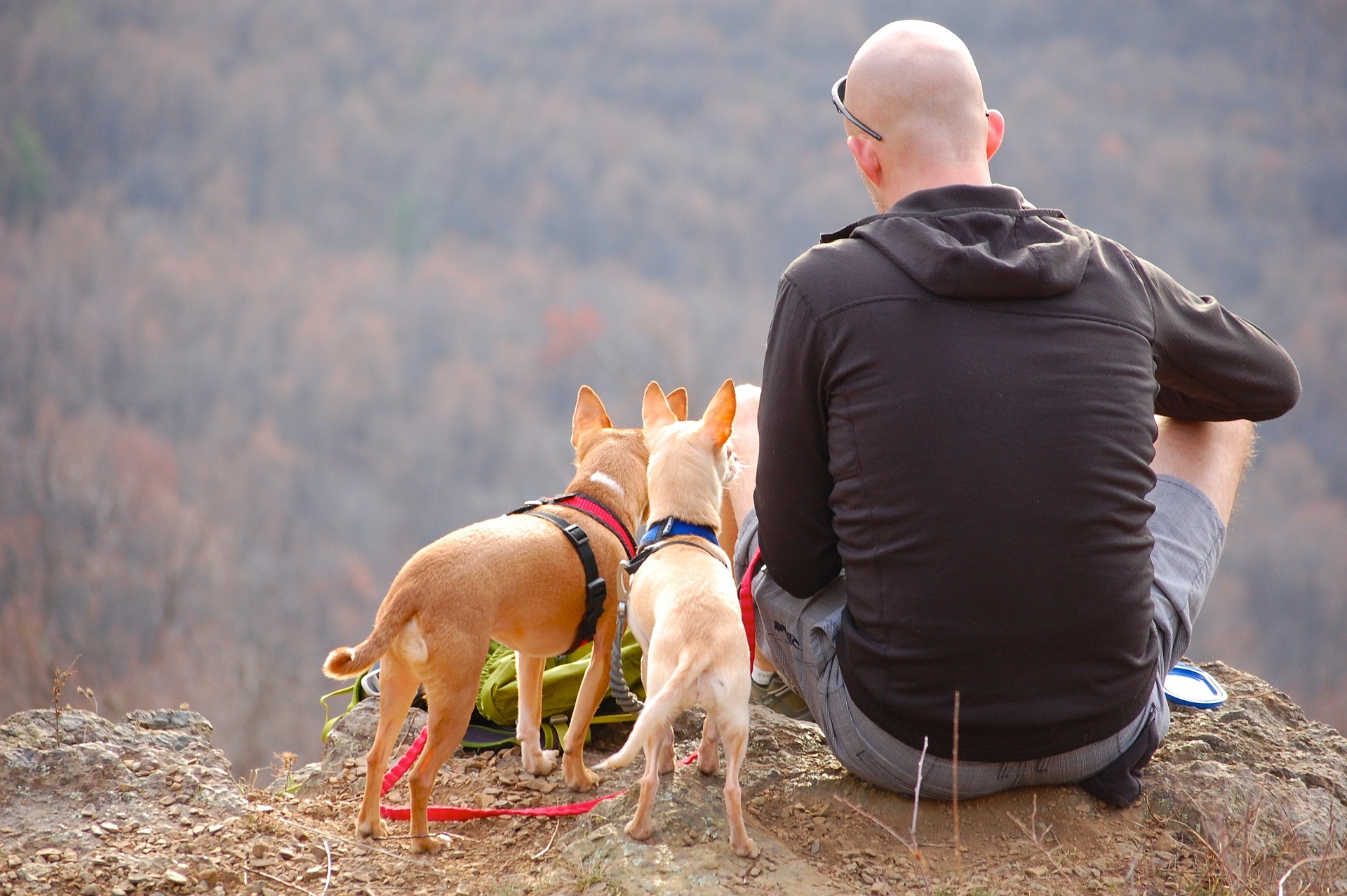In this comprehensive guide, we’ll delve deeper into the 16 common stressors that can impact the well-being of guinea pigs. Understanding these stress factors and taking appropriate measures can contribute significantly to the health and happiness of your furry companions.
01)Loud Noises
Fireworks and Celebrations: Fireworks during celebrations can be particularly distressing. Consider providing a quiet, secure space during festive events.
02) Nowhere to Hide
Importance of Hideouts: Explore various hideout options – cozy tunnels, shelters, or even creative DIY hideaways. Having multiple hiding spots in their cage can make them feel more secure.
03) Cold Temperatures
Providing Warmth: Beyond just avoiding low temperatures, consider providing extra bedding, cozy sleeping areas, and even a heat pad during colder months.
04) Heat
Signs of Heat Stress: Educate yourself on signs of heat stress in guinea pigs, such as heavy panting or lethargy. Immediate action, like cooling the environment, is crucial in such situations.
05) Being Picked Up
Building Trust: Work on building trust with your guinea pig through gentle interactions. Gradually introduce handling to minimize stress.
06) Loneliness
Interactive Toys: Introduce interactive toys or objects in the cage to stimulate their minds when alone. Consider adopting a companion or spending extra time with a lone guinea pig.
07) Traveling
Familiarizing with Car Rides: If travel is unavoidable, gradually familiarize your guinea pig with short car rides to reduce anxiety.
08) Touching Their Butt
Understanding Body Language: Learn to read your guinea pig’s body language to understand what types of touch they find comfortable or stressful.
09) Untidy Living Space
Cage Cleaning Routine: Establish a regular cleaning routine, removing waste and providing fresh bedding. A clean environment promotes overall well-being.
10) Low-Quality Hay
Variety in Diet: Introduce different types of hay to add variety and stimulate their appetite. Rotate hay types to keep their diet interesting.
11) Socializing with Predators
Controlled Introductions: If you have other pets, introduce them to your guinea pig in a controlled manner, allowing your guinea pig to feel safe.
12) Frequent Baths
Spot Cleaning: Consider spot cleaning instead of full baths. Use a soft brush to maintain their cleanliness without causing stress.
13) Limited Exercise Space
Enrichment Activities: In addition to space, incorporate tunnels, toys, and platforms to encourage physical and mental stimulation.
14) Extended Holding Time
Bonding Activities: Build a bond through positive interactions. Offer treats during handling sessions to associate being held with positive experiences.
15)Living with Rabbits
Separate Spaces: Even if they get along initially, ensure they have separate spaces within the hutch to retreat to when needed.
16) Dressing Them Up
Safe Accessories: If you enjoy dressing up your guinea pig, choose lightweight, breathable fabrics, and ensure accessories don’t impede their movement or comfort.
Conclusion:
By addressing these stressors with a thoughtful and proactive approach, you can create an environment where your guinea pigs thrive. Remember, every guinea pig is unique, so pay attention to their individual preferences and adjust accordingly for a happy and stress-free pet parenting experience



